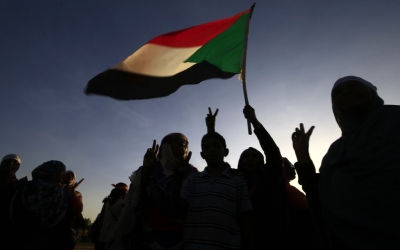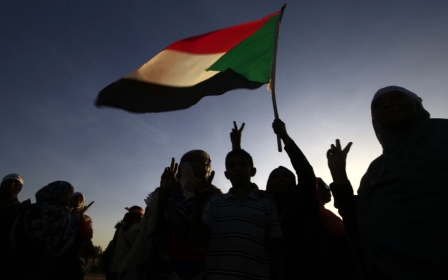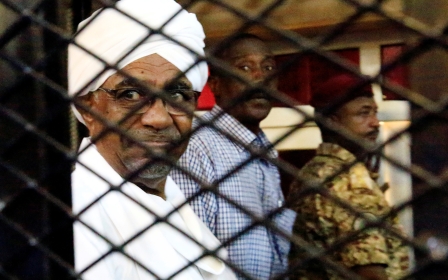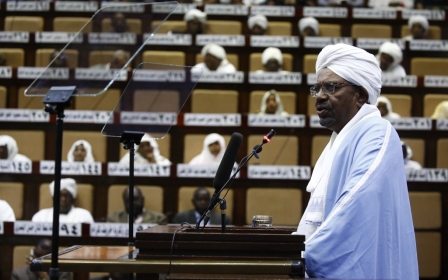Sudan finds mass grave dating from Bashir's rule
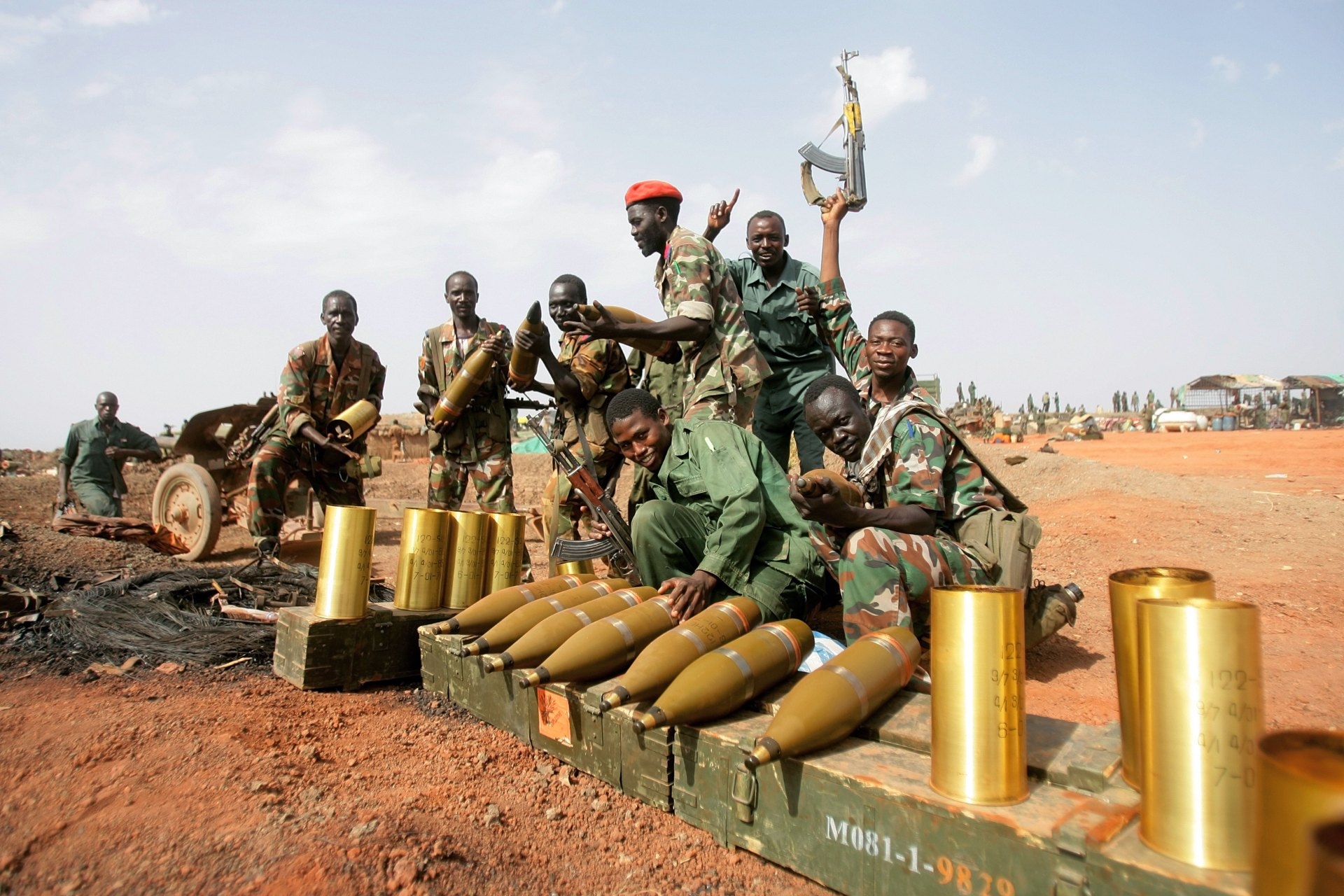
Sudan's public prosecutor on Monday said a mass grave had been discovered in the east of Khartoum containing the suspected remains of students who fled military service in 1998.
Tagelsir al-Hebr said an investigation had been launched. It was believed that the suspected killers, who belonged to the government of ousted President Omar al-Bashir, had escaped the country, he said.
The committee tasked with investigating the killings at the El-Eifalun military camp "found the mass grave in the past four days after hearing witness accounts", Hebr said, without giving details on the number of bodies found.
"The grave was exhumed and now the committee will continue to work with forensic authorities and examine the evidence," said Wael Ali Saeed, a member of the investigation committee.
A source in the investigators' team told Reuters that dozens of bodies had been found at the site.
New MEE newsletter: Jerusalem Dispatch
Sign up to get the latest insights and analysis on Israel-Palestine, alongside Turkey Unpacked and other MEE newsletters
The El-Eifalun camp was used to train conscripts before sending them to fight the Sudan People's Liberation Army (SPLA) in the south.
The Sudanese government said at the time that 55 young conscripts who fled the military base drowned when their overloaded boat capsized in the Blue Nile river.
Opposition groups accused the Khartoum government of carrying out the killings and reported a higher death toll of more than 100.
Compulsory military service was widespread under Bashir, who used conscripts in the civil war against rebels in the oil-rich south, which seceded in 2011.
Commanders and instructors of conscripts were often members of Bashir's government and allied groups, which frequently framed the conflict against the SPLA, from the mainly Christian south, as a holy war.
The Sudan People's Liberation Movement, the political wing of the SPLA, won independence for the south in 2011 following a peace deal with Bashir's government in 2005.
Middle East Eye delivers independent and unrivalled coverage and analysis of the Middle East, North Africa and beyond. To learn more about republishing this content and the associated fees, please fill out this form. More about MEE can be found here.


